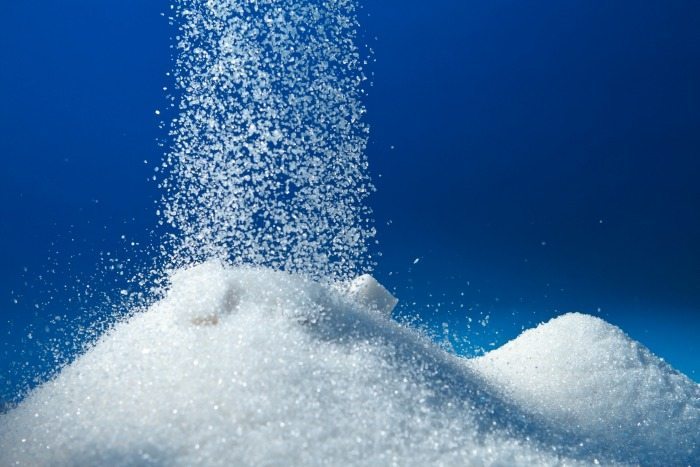
The World Health Organization (WHO) reports that the daily recommended sugar intake should be halved, to six teaspoons. The WHO previously recommended that an individual’s daily intake should not exceed 12 teaspoons per day, or 10 per cent of daily calorie consumption. According to the WHO, the new reduction to 6 teaspoons (or 5 per cent) would have additional benefits such as curtailing risk for health issues including obesity and tooth decay. The new limit is equivalent to the amount of sugar in about 2/3 of a regular size 59g Snickers bar.
The World Health Organization made the formal announcement after Britain’s chief medical officer, Dame Sally Davies, suggested a tax on sugar in hopes of reducing obesity. This also comes after a study by scientists at Newcastle University reporting on the importance of reduced sugar levels. The new reduction recommendation applies to all “free” sugar, which includes all that is added to processed foods as well as sugar naturally occurring in syrups, honey, and juices. One of the biggest concerns for the WHO is the presence of “hidden” sugar in manufactured foods “that are not usually seen as sweets.” Just because you did not directly spoon the sugar into your food, does not mean it’s not there!
Dr. Aseem Malhotra, science director of the Action on Sugar campaign group, says that the new guidelines are “a step in the right direction because they have acknowledged it should be less than 5 per cent, but it needs to be translated into something meaningful for the consumer.” The World Health Organization hopes that their statement will reach consumers, and that the new recommended daily sugar levels will decrease lifestyle diseases and epidemics such as obesity.
Do you think this will make an impact on sugar consumption?
Image via Thinkstock









![Daily Bite [Make]: Philly Cheesesteak Stuffed Bell Peppers](https://dashofwellness.com/wp-content/uploads/2013/01/Philly-Cheesesteak-Stuffed-Pepper-Daily-Bite-1-100x70.png)
